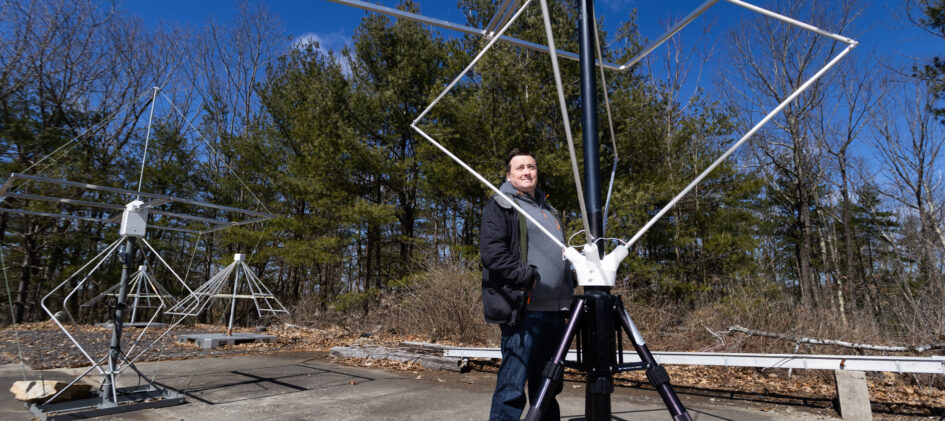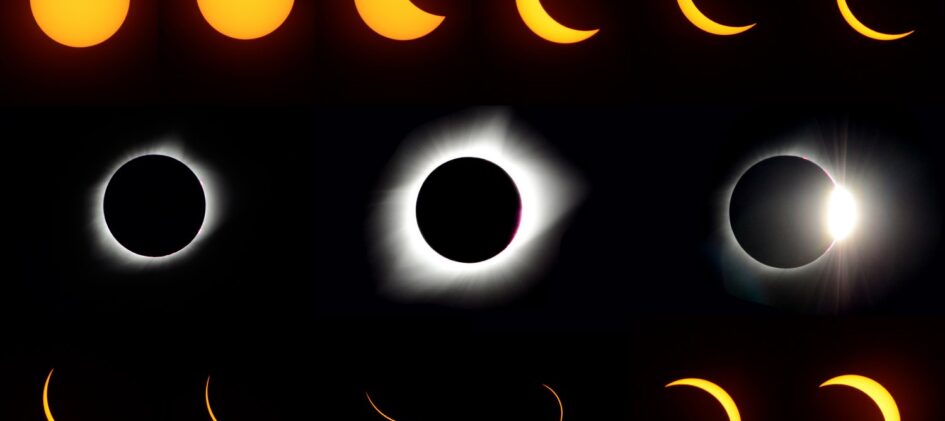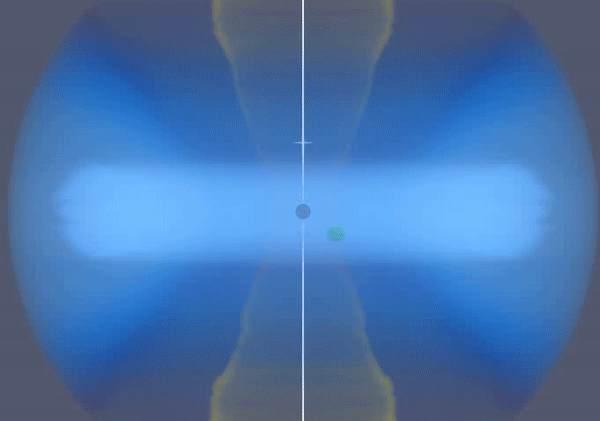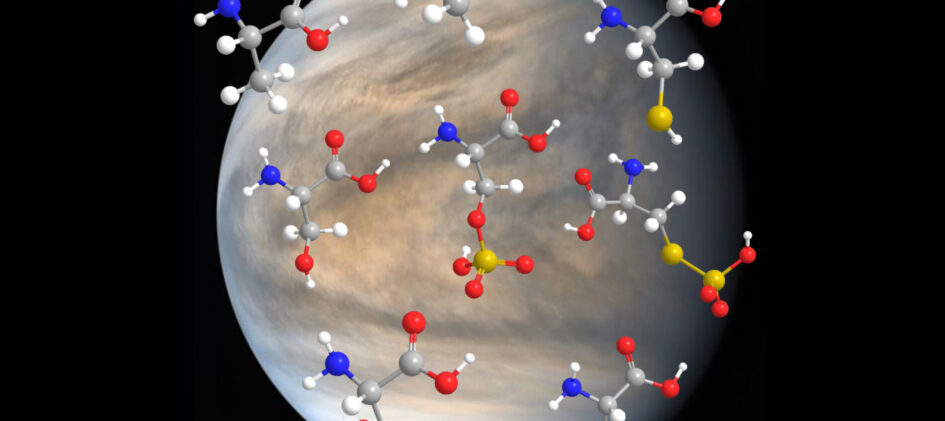New research from the group of MIT Professor Brett McGuire has revealed the presence of a previously unknown molecule in space. The team’s open-access paper, “Rotational Spectrum and First Interstellar Detection of 2-Methoxyethanol Using ALMA Observations of NGC 6334I,” appears in April 12 issue of The Astrophysical Journal Letters. Zachary T.P. Fried, a graduate student […]
Read More





